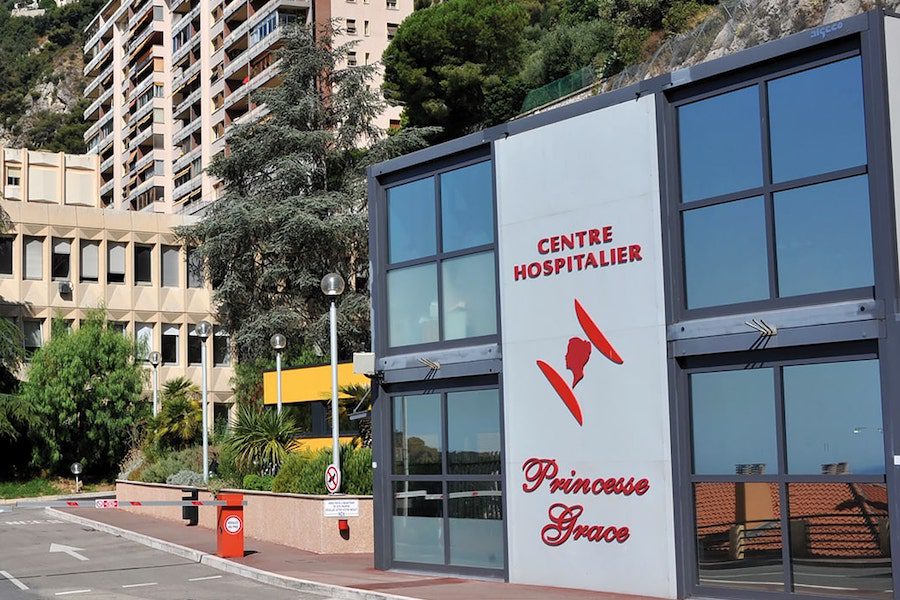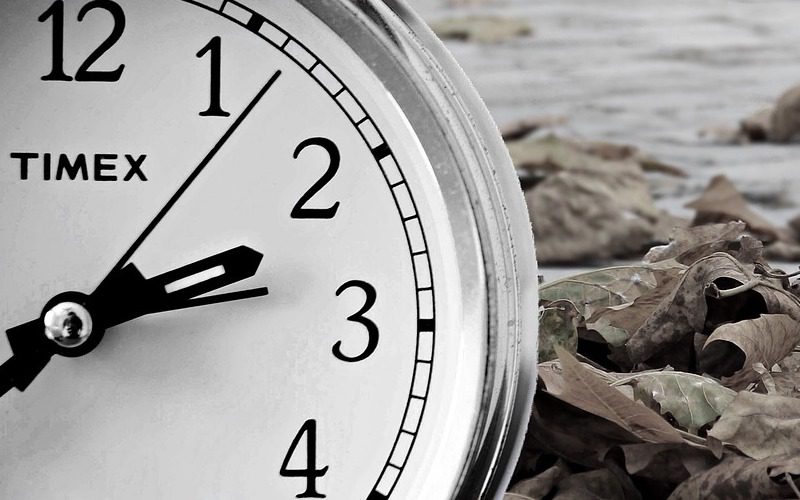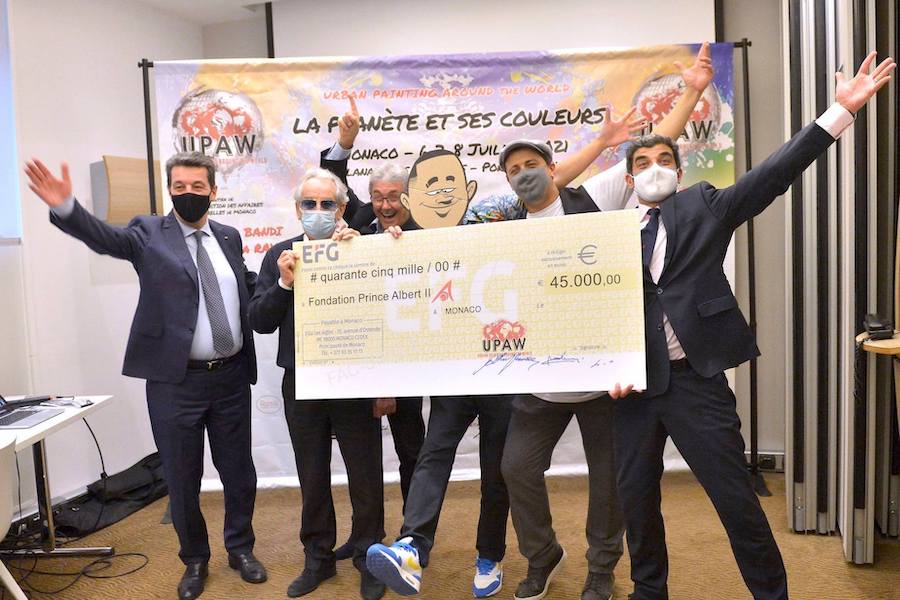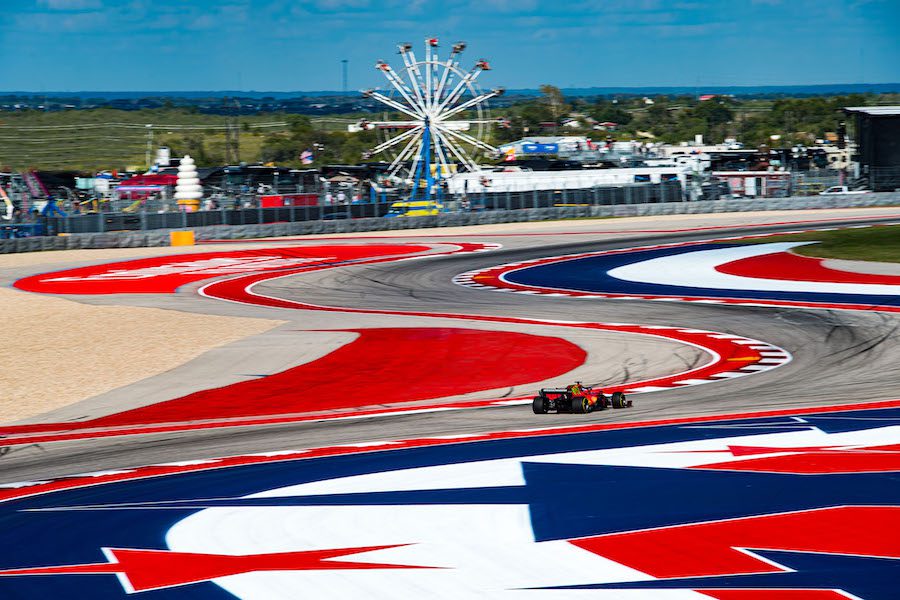The Principality recorded the loss of a 76-year-old resident on Sunday, bringing the total death count to 36 since the pandemic began.
According to the latest statistics released on Sunday, there have been 3,389 people infected by the illness in the Principality. Five have recently been given the all-clear, marking a total of 3,323 recoveries. At present, there are six non-resident patients being treated for Covid at the Princess Grace Hospital and 18 additional patients are being followed by the Home Monitoring Centre.
The neighbouring French department of Alpes-Maritimes currently has 166 patients in hospital, with 23 in intensive care and a test positivity rate of 1.6%. The seven-day incidence rate is 62.2, which is lower than the Provence-Alpes-Côte d’Azur average of 87.7. There were four total deaths in all of France on Sunday, showing a continued downward trend.
The region’s R number has reached 1, which effectively means that for every person who has Covid, they will infect one other person, leaving the situation stable.
The UK continues on a roller coaster ride with the disease, with 72 new deaths on Sunday and 38,740 new cases. That being said, the number of tests performed in the UK are more likely in line with the reality of the spread of the disease as the country tests at massively higher rates than the rest of Europe.
The UK has recorded nearly 325 million tests, versus 151 million in France, which has the second best testing rate in Europe. Germany, for example, with a significantly bigger population of 84 million people, has only performed 73 million tests, showing that the actual case numbers may be significantly different than what is published.
The Monaco government is still reminding people of the importance of getting vaccinated as the best way to protect oneself and others. Jabs are free for all Monegasques and residents over 12 years of age, and employees.
Photo of CHPG by Monaco Life




